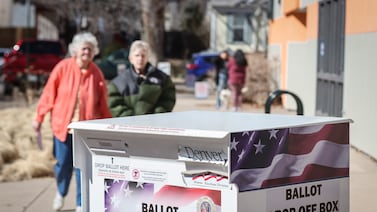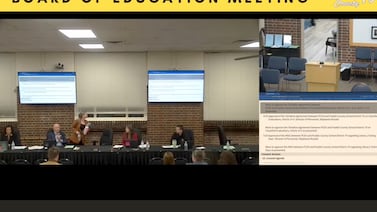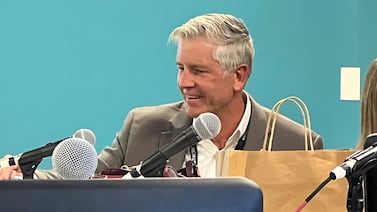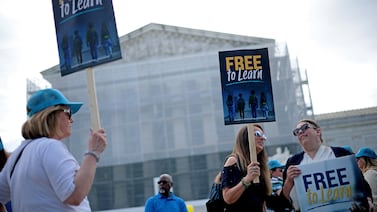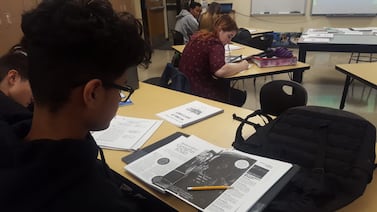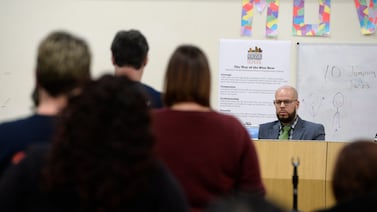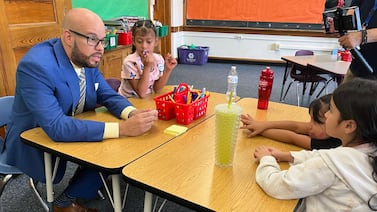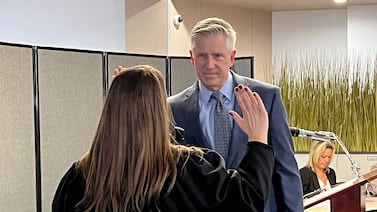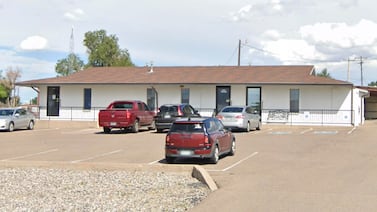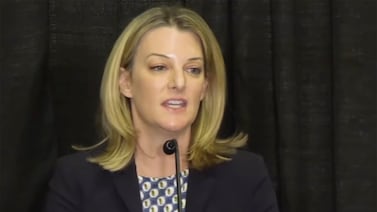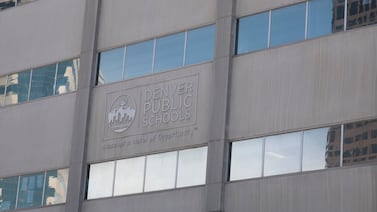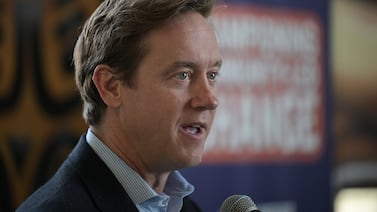School boards
By Chalkbeat’s count, the number of people who sign up to speak at public comment has plummeted since the board put time limits in place.
Groups supportive of charter schools outspent teachers unions by nearly 3 to 1, but the big spending didn’t pay off.
Anne Ochs had two more years in her school board term. She submitted her resignation letter Wednesday.
The districts’ lawsuit against the state will continue.
Gaytán was reelected last month to a second four-year term on the board. She previously served a two-year stint as president from 2021 through 2023.
The district’s decision to remove books from school libraries has now led to two lawsuits.
Youngquist didn’t say much before the censure vote. He has previously said that the investigation was retaliatory and he intends ‘to take legal action.’
Alliance Defending Freedom approached a Colorado lawyer about starting a school in Colorado to spark a legal test of publicly funded religious education, according to an email authored by the lawyer.
Four seats on the seven-member Denver school board were up for election.
One winning candidate attributed the sweep to ‘the state of the world.’ She said voters ‘know they can trust teachers.’
Tuesday’s progressive school board wins coincide with a blue wave that boosted Democrats nationwide.
Stripped out of an earlier draft was a requirement for the general counsel to provide the board with a list of lawsuits DPS is involved in and a tally of its legal costs.
Superintendent Alex Marrero earned 73.5 points out of a possible 100 on his evaluation, which the school board approved Thursday.
As in past years, outside groups are the biggest spenders this year.
Board member John Youngquist said that while he understands he can do better, the accusations were “a personal and professional attack” meant to damage his credibility.
“We have also been working since July to get the zoning corrected and are optimistic that will happen soon,” said the school’s executive director.
The ad is about Denver school board candidate Amy Klein Molk and her former educational technology company, Beanstalk.
The Denver school board is set to meet Wednesday to discuss the full report.
Four seats on the seven-member board are up for grabs on Nov. 4.
Johnston is backing candidates Alex Magaña, Mariana del Hierro, Caron Blanke, and Timiya Jackson.


